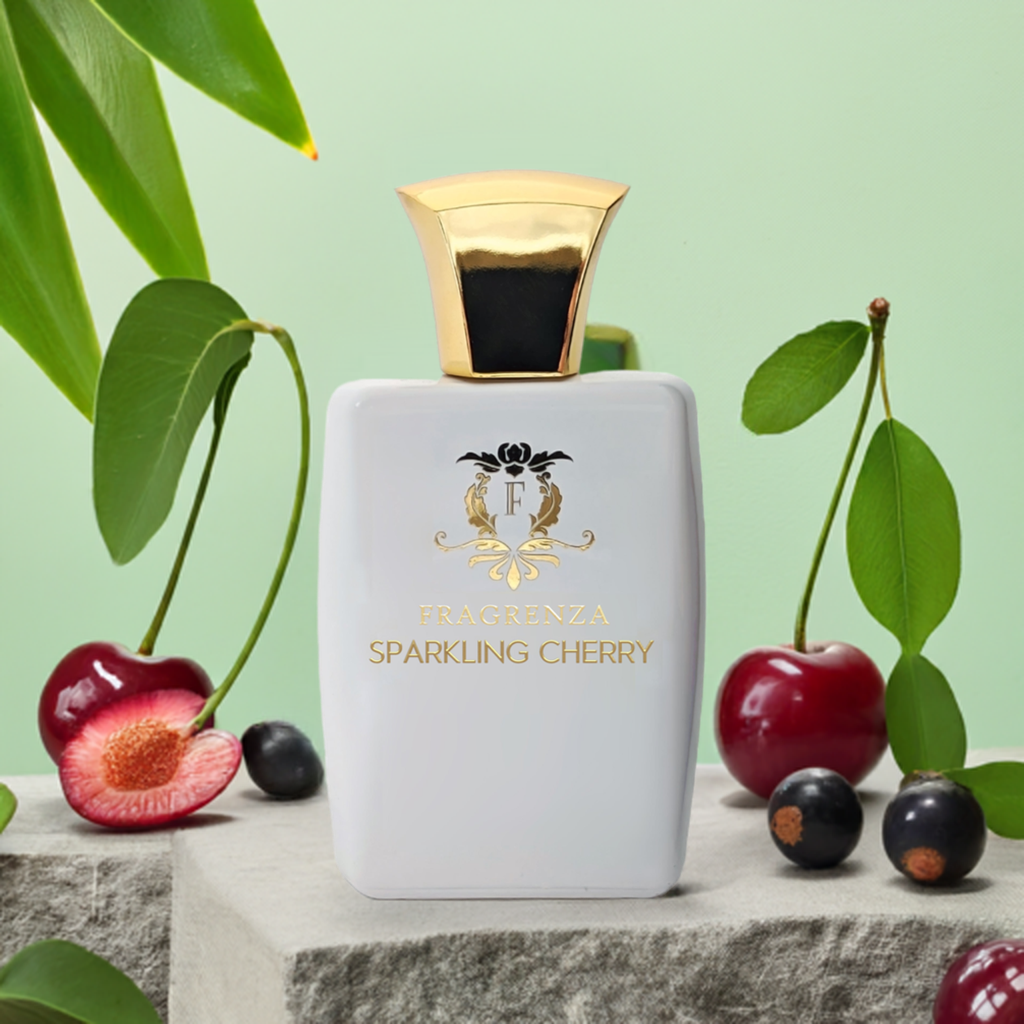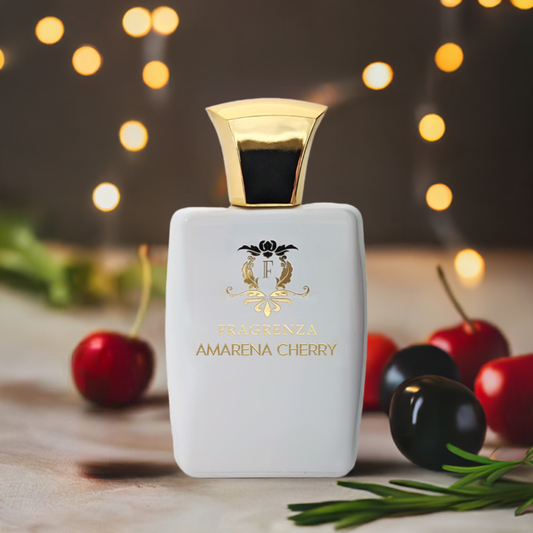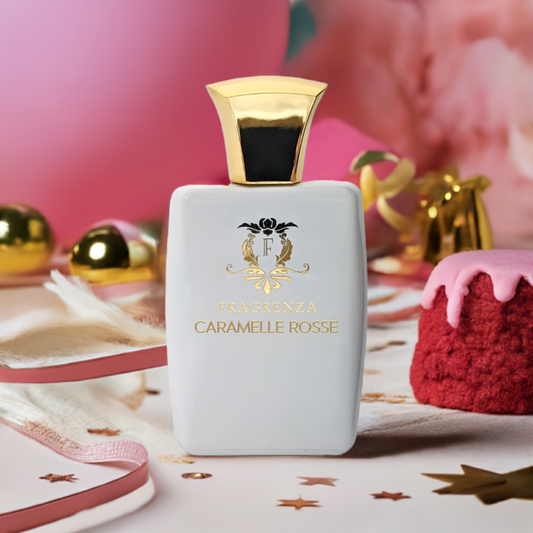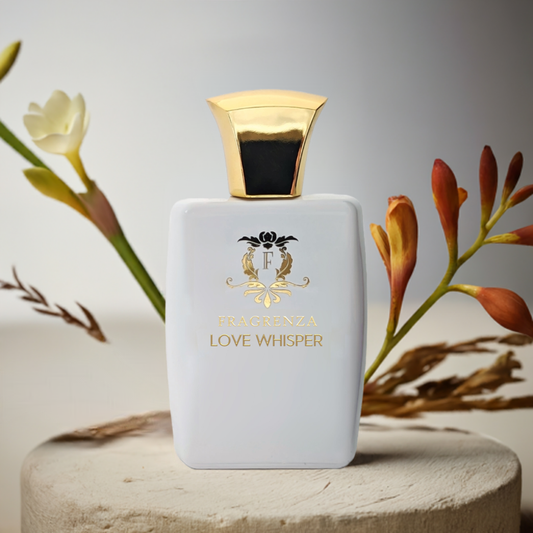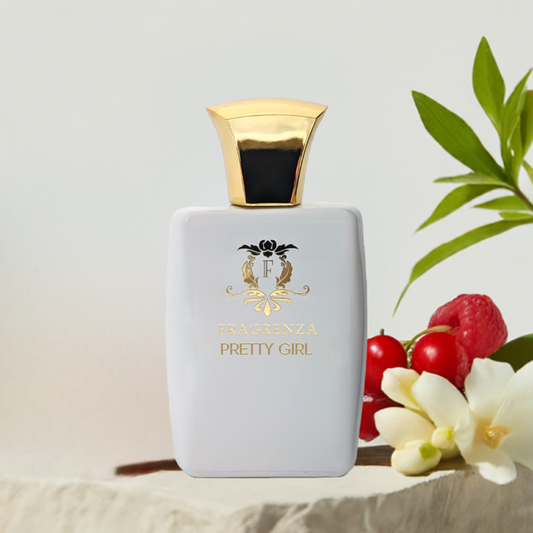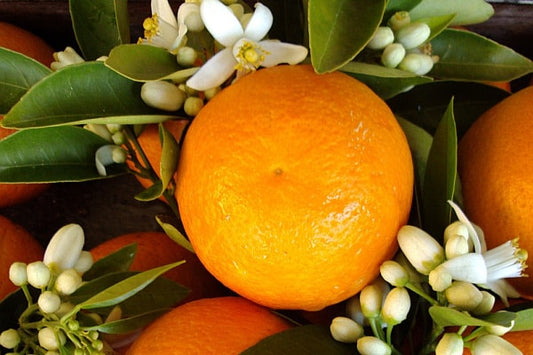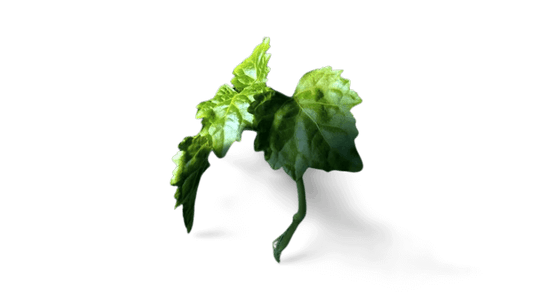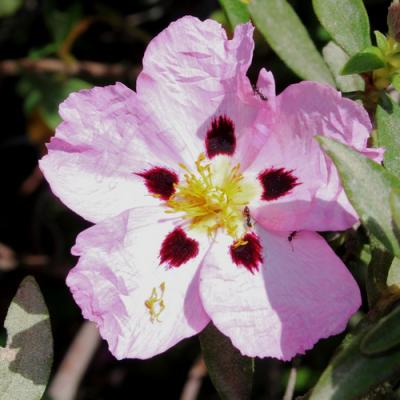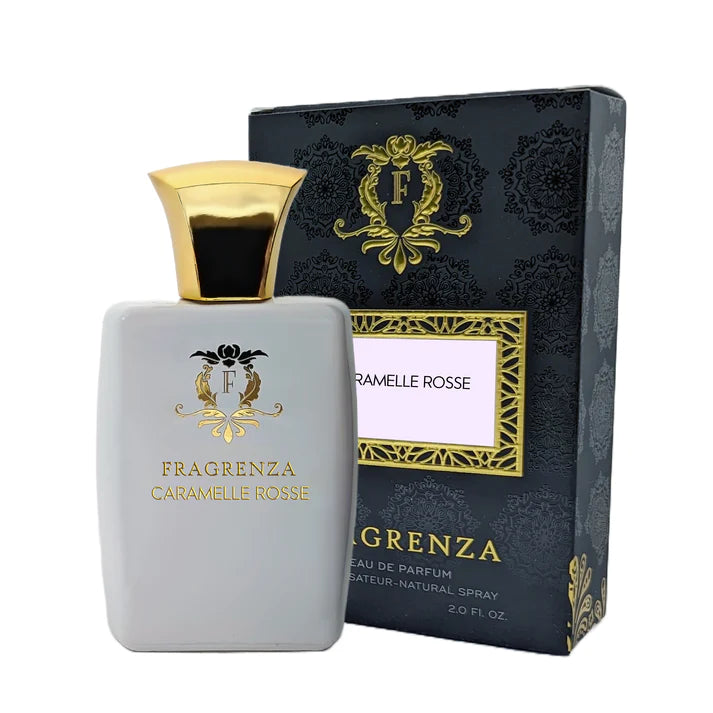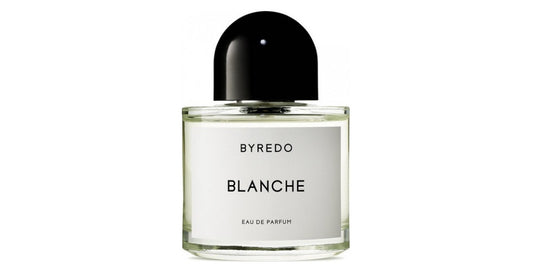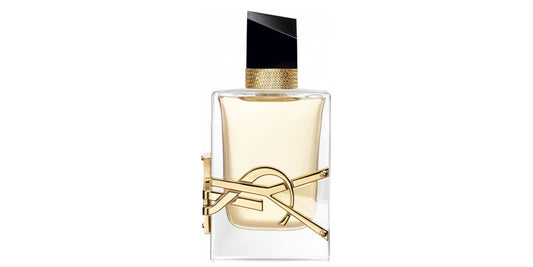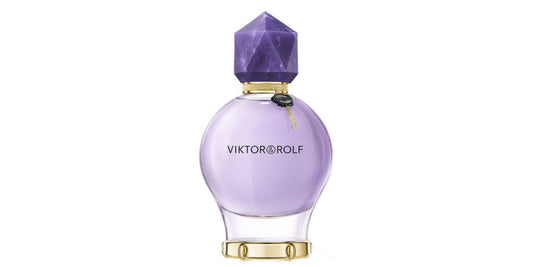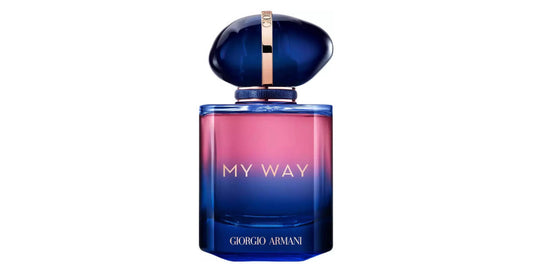Marjoram in perfumery
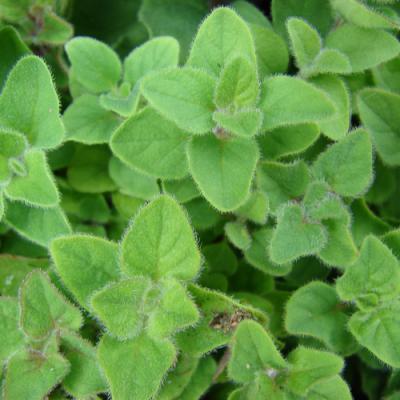
In This Article
Marjoram: The Perfumers' Lucky Charm
Marjoram has a long and fascinating history, particularly in the beautiful island of Crete. Market perfumers from 13th century BC Heraclion made their fortune with marjoram oil. During this time, marjoram was mainly associated with happiness, well-being, and bliss. A Greek tradition, still practiced today, involves planting marjoram plants on graves to ensure a peaceful and happy journey for the departed.
Fun Fact: Marjoram was believed to be a symbol of happiness in ancient Greece. Couples would wear crowns made of marjoram on their wedding day to symbolize love, honor, and happiness.
The tradition of wearing marjoram as a lucky charm has persisted over the centuries. A popular saying, "What is happening here so late, companions of the marjoram?" refers to young people wearing a sprig of marjoram to bring luck in their search for great conquests. Today, marjoram is primarily an aromatic herb, often confused with oregano. The main difference is that marjoram is cultivated, while oregano is wild. With the development of distillation techniques, marjoram essential oil quickly became popular among aromatherapists and perfumers seeking powerful aromatic scents.
Marjoram: A Key Ingredient in Aromatic Perfumes
For decades, marjoram has been a prominent component in men's aromatic perfumes, featured in various olfactory sub-families. Although its peppery and pungent flavor is still relatively uncommon in perfumery compared to other well-known aromatics like rosemary, basil, or coriander, marjoram has a growing fan base.
Marjoram is often used as a top note in chypre scents or masculine woody scents. Diptyque's L'Eau Trois, an original woody-chypre fragrance, showcases a beautiful bouquet of aromatics in top notes, transporting the wearer to the fragrant coniferous bushes along the mountainous coasts of northern Greece. Van Cleef &Arpels for Men, released in 1978, similarly features chypre and aromatic notes with marjoram accents.
Fun Fact: Marjoram essential oil has been used in traditional medicine for its antiseptic, antibacterial, and antifungal properties.
With its powerful scent, marjoram can act as a strong nuancing agent between herbal and spicy notes. As a heart note, it helps bind chords that might otherwise be difficult to associate, such as in Lanvin for Men by Lanvin, a woody-chypre fragrance. Although marjoram's use in women's perfumery is limited, Fragonard's Canisse is a notable exception, offering a delightful floral-green scent reminiscent of a Mediterranean garden.
As men's perfumery seeks to reinvent itself with classic yet innovative fragrances, perfumers are replacing traditional aromatics with more original scents. It's highly likely that marjoram will become a major asset in these transformations!
